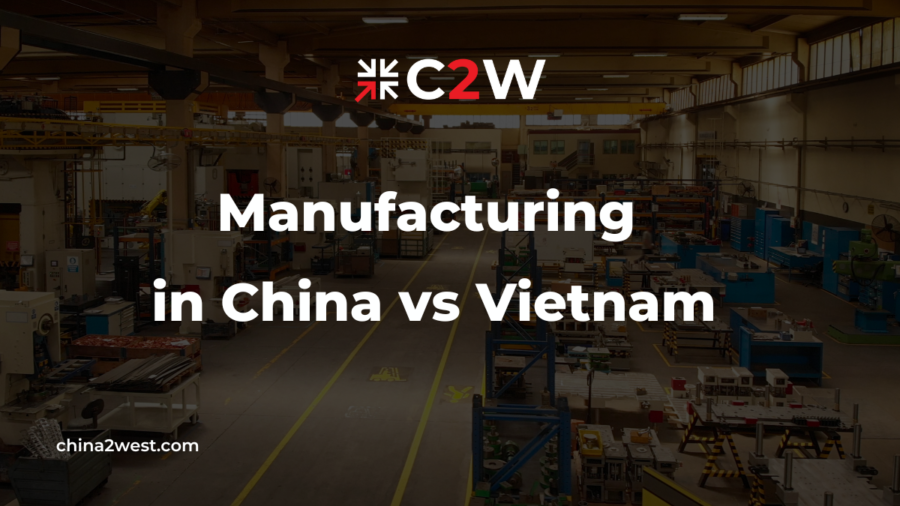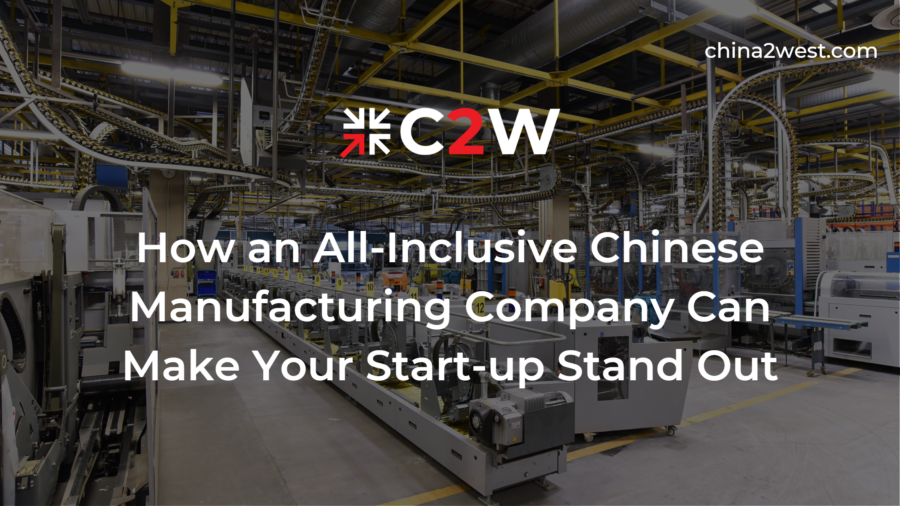When considering where to outsource production for your business, it’s vital to leave no stone unturned when it comes to investigating your chosen factory’s procedures and production capacity. An in-depth assessment of your supplier’s practices, after all, serves as a benchmark in determining whether or not they can reliably deliver the level of quality and efficiency your business demands. Central to this process is conducting a factory audit, an organized examination that provides transparency regarding the manufacturing operations of your chosen factory.
In this blog post, we will shine a spotlight on why performing a factory audit before mass production commences in China should be at the forefront of your supply chain strategy.
What is a Factory Audit?
When it comes to ensuring the success of your manufacturing business in China, a factory audit is an essential tool. But what exactly is a factory audit? Simply put, it is a systematic evaluation of your manufacturing facility to assess its compliance with industry standards and regulations. This evaluation encompasses various aspects of your production processes, including production equipment, quality standards, safety measures, environmental practices, and social responsibility.
What are the Most Common Types of Factory Audits?
Factory audits can vary in their scope and focus, depending on the specific manufacturing operations and detailed requirements. Here are some of the most common types of factory audits that are conducted:
1. Compliance Audits
These audits focus on assessing the facility’s compliance with industry regulations, local laws, and international standards. They ensure that the manufacturing processes and practices meet the necessary legal requirements and adhere to ethical and social responsibility guidelines.
2. Quality Audits
Quality audits are conducted to evaluate the effectiveness of the quality control processes in place within the manufacturing facility. These audits assess the products’ consistency and reliability and adherence to quality standards and specifications.
3. Environmental Audits
Environmental audits are carried out to assess the facility’s environmental practices and compliance with environmental regulations. These audits focus on waste management, pollution control measures, energy efficiency, and sustainability initiatives.
4. Social Compliance Audits
Social compliance audits evaluate the facility’s adherence to labor laws, worker safety standards, and ethical labor practices. They assess the working conditions, employee welfare programs, and adherence to fair employment practices.
5. Security Audits
Security audits focus on evaluating the facility’s security measures and protocols to protect against theft, vandalism, and unauthorized access. These audits ensure that the necessary security systems, procedures, and training are in place to safeguard the facility and its assets.
The Critical Importance of Adherence to Industry Standards
Ensuring adherence to industry standards is critical for any manufacturing business, especially those operating in China. Adhering to industry standards is not just about compliance; it’s about maintaining the highest levels of quality, safety, and ethical practices in your manufacturing processes.
Industry standards serve as a benchmark for best practices in manufacturing. They outline the specific requirements and guidelines that must be followed to achieve consistent quality, meet regulatory requirements, and protect consumer interests. Adhering to these standards not only ensures the safety and satisfaction of your customers but also helps you build a solid reputation as a reliable and trustworthy manufacturer.
Failure to adhere to industry standards can have serious consequences. It can result in product defects, safety hazards, legal disputes, and even damage to your brand reputation. Non-compliance with industry standards can lead to costly recalls, fines, and even the closure of your manufacturing facility.
By prioritizing a factory audit, you can identify any areas of non-compliance or potential risks within your manufacturing processes. It allows you to take corrective actions and implement necessary improvements to ensure compliance with industry standards. Regular audits also help you stay up to date with any changes or updates in the industry standards, allowing you to continuously improve your manufacturing practices.
How Factory Audits Can Minimize Legal Risks
When it comes to running a manufacturing business, legal risks can be a major concern. From product defects to labor law violations, non-compliance can result in costly legal disputes and damage to your brand reputation. That’s why factory audits play a crucial role in minimizing legal risks and ensuring your business operates within the boundaries of the law.
During a factory audit, experienced auditors will thoroughly assess your manufacturing facility and processes to identify any areas of non-compliance with relevant laws and regulations. This includes evaluating your adherence to labor laws, environmental regulations, product safety standards, and more. By conducting regular audits, you can stay on top of any changes or updates in the legal landscape, ensuring that your business remains compliant.
Factory audits not only help you identify potential legal risks, but they also provide you with the opportunity to address them proactively. Auditors will provide recommendations and solutions to ensure compliance and minimize the risk of legal consequences. By implementing these recommendations, you can avoid costly legal disputes and maintain a positive reputation in the market.
Furthermore, conducting factory audits demonstrates your commitment to legal compliance and responsible business practices. This can have a positive impact on your relationships with stakeholders, including customers, suppliers, and regulatory agencies. It shows that you prioritize the well-being and safety of your workers, the quality of your products, and the protection of the environment.
Elevating Manufacturing Success Through Strategic Factory Audits in China
By prioritizing factory audits, you can proactively identify and address non-compliance or potential risks before your manufacturing processes. This not only minimizes legal risks but also positions your business as one that prioritizes responsible business practices. Regular audits not only help you stay compliant with evolving industry standards but also allow for continuous improvement in your manufacturing practices.
In a globalized manufacturing landscape, where outsourcing is prevalent, partnering with a reliable and experienced service provider, China 2 West, can further enhance the success of your production project. Our dedication to delivering projects with exceptional quality and providing expertise and support aligns to build a solid foundation for a sustainable manufacturing partnership. Contact us today to discuss a factory audit program that suits your needs.




